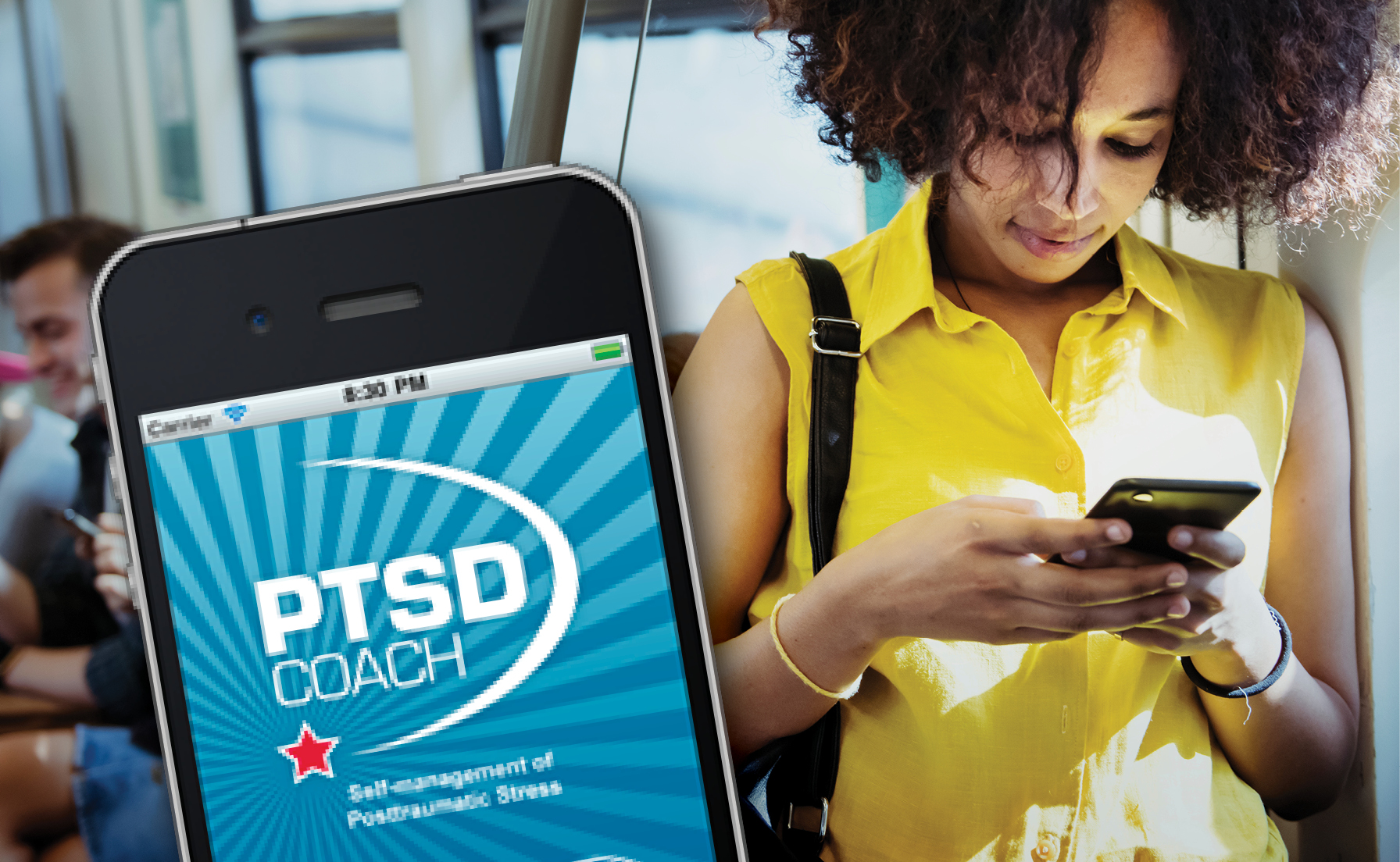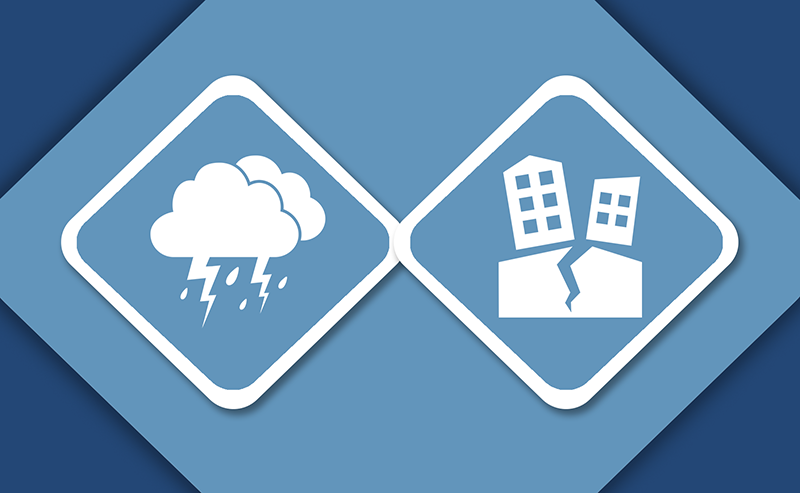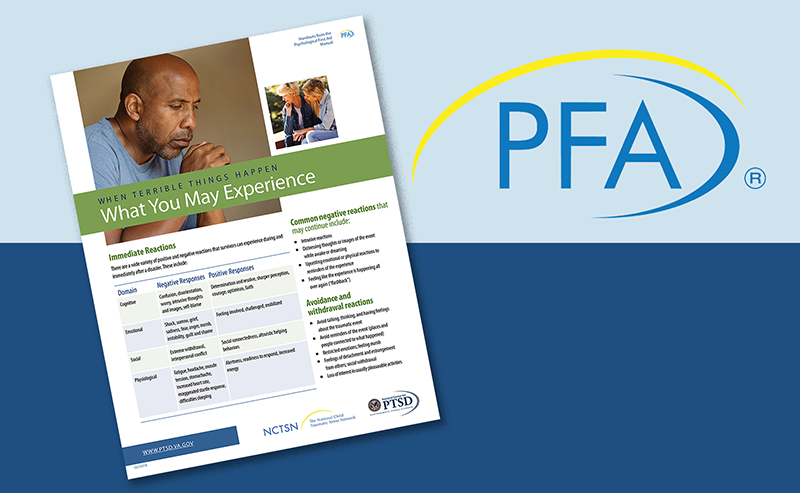PTSD: National Center for PTSD
Self-Care After Disaster Events
Self-Care After Disaster Events
Disaster events have far-reaching impacts. Living through these events, working as a first responder, or being unable to help someone you care about creates stress. Learn tips for healthy coping to help you recover after a disaster.
Reading time: minutes
Disaster events affect people who experience and respond to the event. Disasters include natural or human-caused events, mass violence, or public health emergencies like disease outbreaks, chemical spills, or radiation emergencies. These events can impact a wide range of people, including those who have lost homes, communities, or jobs, bereaved family members, witnesses to the event, and friends of those involved. Rescue workers, emergency medical and mental health care providers, and volunteers are also affected. Disasters can also impact members of the media, as well as citizens of the community, the country, and the world.
What can you do for self-care?
There are many steps you can take to manage stress and improve your well-being after disaster events. Be aware, though, that healing doesn't mean you'll completely forget the event. You may still feel distress and pain when you think of it. That said, you can get better at managing your feelings of distress, which can improve your health, quality of life, relationships, and well-being. Explore the helpful tips below for self-care after disaster events.
Increase your sense of safety
Be active in finding information to help you plan for and find safety. To stay grounded in the present moment, focus on your breathing, sensations like sight, sound, smell, and touch, or even counting. Getting help with everyday tasks can also reduce feelings of being overwhelmed.
Plan for the future
Take time to think about how your experience in this disaster can help you prepare for potential future events. Being prepared can help you worry less about a future disaster. Ready.gov has information on how to plan for these kinds of events.
Find ways to be calmer
While much of what happens may be stressful and beyond your control, positive calming activities can help. For instance, practice slow, steady breathing and muscle relaxation. Try to engage in healthy or meaningful activities such as yoga, exercise, listening to music, talking with others, spending time in nature or with pets, journaling, or reading inspirational texts. Doing things like this, even if you don't feel like it, can help. Reduce exposure to things that raise your anxiety, like watching or scrolling through the news, particularly before sleep.
Manage feelings of anger
Anger and irritability are common after disaster events, but too much can hurt your health, sense of self-control, and relationships. Anger can also raise your heart rate so much that you cannot clearly concentrate. Build in whatever activities help you reduce your anger, like exercise, journaling, or simply takinge a break to calm down before going into situations that anger you. Adjusting your thinking can also help, such as reminding yourself "It might be unfair, but if I continue to be angry, it is getting in the way of my bigger priorities (e.g., helping my children feel safe)". These steps may help you keep a clear head. They may also preserve your health and relationships.
Stay connected with others
Spend time with family, friends, mentors, clergy, and those who are in similar circumstances. Being with others gives you a chance to both give and receive support. If you can't meet in person, try phone or video calls, email, or texting. Helping other people in need or working in your community can lift your mood and make you feel less alone.
Work through loss
Disaster events can create a lot of loss—of loved ones, friends, coworkers, pets, home, possessions, job, or quality of life. If you are grieving, find a way to honor the losses. Try writing about your loss or creating a ritual, ceremony, or service to express your grief. Such practices can help you feel connected to a lost loved one. Rather than expecting to just "get over it" and move on with your life, it may help to take time to honor and affirm your relationships or values.
Improve your sense of control and ability to endure
Remember that the long-term stress you may face can reduce your ability to think clearly, be creative, and tackle problems. These problem-solving tips can help:
- Decide what your most important problems are.
- Get the information and resources you need to deal with them.
- Break problems down into small steps so you are not overwhelmed.
- Ask for help from a friend, family member, or counselor to help you brainstorm.
- Pick simple steps you can achieve daily to help you stay on track with your plans.
Others who have faced life-threatening situations recommended the following strategies when asked how to cope:
- Quickly recognize, acknowledge, and accept the reality of the situation.
- Make a plan for dealing with feelings of being overwhelmed or overly distressed. Preparation can make you feel more in control and recover quickly.
- If unhelpful emotions arise, try using distraction or staying busy—both mentally and physically.
- Avoid impulsive behavior.
- Get organized.
- Increase positive coping behaviors that have worked in the past.
- Shift negative self-statements to ones that let you function with less distress. Try changing "this is a terrible time" to "this is a terrible time, and I can get through it."
- Rather than getting discouraged, focus on what you can accomplish or control.
- Seek out mentoring or information to improve your ability to make decisions and take action.
- Consider the situation as a challenge to be met. This can increase your ability to act creatively and decisively.
Take a broader view to help you remain hopeful
Consider the stressful situation in a broader context, by thinking about important aspects of yourself and your life beyond the disaster. Keeping a long-term perspective is helpful too. Try to be more patient or kind with yourself, or to see the situation as a chance to learn or build strengths. Celebrate successes, find things to be grateful about, and take satisfaction in finishing tasks, even small ones. It may help to draw upon your spirituality, those who inspire you, or your personal beliefs and values. You can also make a list of your values and pinpoint those things that the event highlighted as most important to you. Use this list to remind yourself what matters most to you. It can guide you to live your life in a way that is true to your values.
If the way you are thinking is making you feel stuck or helpless, try adapting those thoughts to have them work for you rather than against you. For example, if you find yourself thinking, "I can't do it," ask yourself questions such as:
- "Is it really true that I can't do it?"
- "Is it always true?"
- "Under what circumstances could I do it?"
- "Could I do it if I had some help?"
Next, you can put in place a more helpful thought, such as, "With the right help, I can get through this."
Remember, even if many things are out of your control you can focus on what you can change or alter—even if it seems small—to build a sense of growth or success. You may even adjust your expectations of what you can achieve so you're less hard on yourself. Try not to judge yourself. It might also help to try to modify your definition of a "good day" to meet the current reality of the situation.
How long will it take to recover?
There is no standard timeline for recovering from a disaster event. Depending on how much the event affected you, it may take a long time to feel better. If you can develop your own ways of adapting to ongoing events and situations, you may gain a stronger sense of being able to deal with challenges, a greater sense of meaning or purpose, or an ability mentor and support others in similar situations.
In general, anything you can do to help yourself or others move towards rebuilding a sense of safety, calm, connection, and hope can support recovery. Feeling better after a disaster, mass violence, or public health emergency may not be quick or easy. Here are some important things to remember:
- There's no "right way" to deal with disaster events. We each need to find the way that works for us, and be patient in applying simple, ongoing strategies.
- Talk when you need to; listen when you can. It sometimes helps to hear the perspectives of other people who share your values and experiences. Take what helps and leave the rest.
- You don't have to talk when you don't feel like it. People sometimes do better when they are given space. If you are the loved one of someone affected by a disaster event, respect their desire not to talk if that is what they want. Give them space and check back later.
- Resilience—being able to adapt to what life presents—often means rolling with the punches. Disaster events highlight the forces in life that are much bigger than we are and remind us that there's only so much we can do.
- Social support is key. Positive social support plays a crucial role in helping people recover from threat, trauma, and adversity. Reconnect with those you feel closest to or reach out to others who have had similar experiences or who are caring and wise.
- Give it time. Resilience means that you bounce back from challenges; it doesn't mean that you never feel the impact of these types of events. Learning to adjust or adapt to the things you experience is an ongoing process.
When is it valuable to consider professional help?
If you are distressed, or unable to function well, consider seeking help. There are capable and caring professionals available. They can effectively treat the most common responses to disaster events, like depression, anxiety, PTSD, and intense grief. The most effective treatments give you tools to problem-solve, mourn and make sense of what happened, deal with numbness or intense emotions, and build resilience. It can be valuable to meet with a mental health professional, at least once. The sooner you get help, the sooner you will feel better.
For those in need of PTSD-specific services, research supports trauma-focused psychotherapy (or talk therapy) as the most effective treatment following disaster. "Trauma-focused" means that the treatment focuses on the memory of the traumatic event and its meaning. Trauma-focused psychotherapies use different techniques to help you process your traumatic experience. For example, some involve visualizing, talking, or thinking about the traumatic memory. Others focus on changing unhelpful beliefs about the trauma. They usually last about 8-16 sessions.
Learn more about effective PTSD treatments or compare treatments using the PTSD Treatment Decision Aid.
Summary
Disaster events have far-reaching impacts and there are ways you can cope. Self-care can start with finding safety, feeling calm, managing grief or anger, connecting to others, and finding hope. The PTSD Coach mobile app is a free resource to help you deal with common reactions to disaster events. Or, if your distress continues over time and affects your ability to function, there are evidence-based treatments that work.
You May Also Be Interested In


























